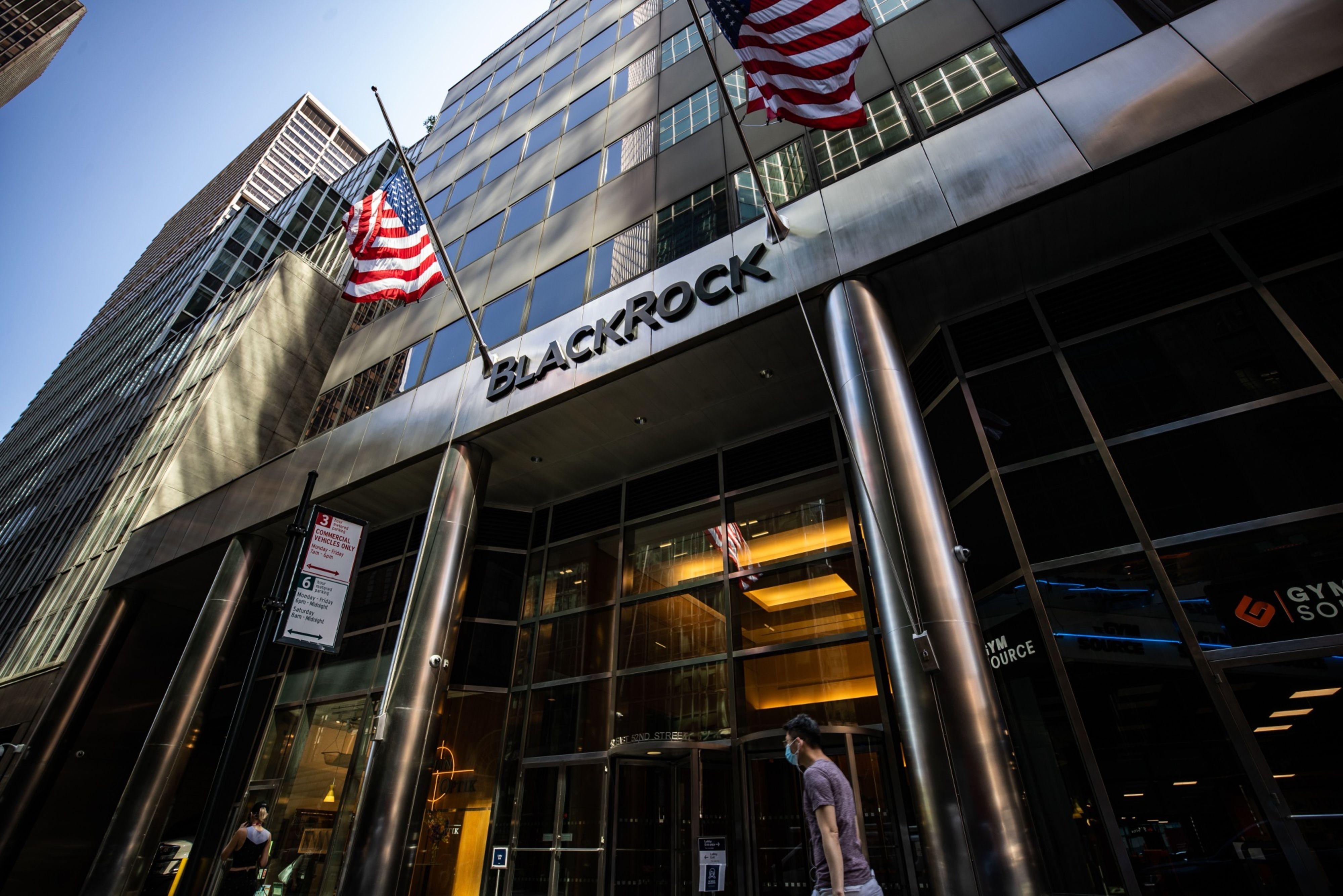
BlackRock is set to release its quarterly earnings on January 15, 2025, with analysts estimating an EPS of $11.49 and revenue of $5.63 billion.
The company’s P/E ratio of 24.03 and debt-to-equity ratio of 0.30 highlight its market valuation and financial health.
Despite projections, there’s skepticism about BlackRock’s potential for an earnings beat, with concerns over its ability to capitalize on factors benefiting other brokers.
BlackRock Inc. (NYSE:BLK) is a global investment management corporation, known for its extensive range of financial products and services. As the world’s largest asset manager, BlackRock offers investment management, risk management, and advisory services to institutional and retail clients worldwide. Competitors include firms like Vanguard and State Street, which also provide similar financial services.
BlackRock is set to release its quarterly earnings on January 15, 2025, with analysts estimating an EPS of $11.49 and revenue of $5.63 billion. Despite these projections, BofA Securities analyst Craig Siegenthaler suggests that BlackRock may not have the optimal factors for an earnings beat, unlike other brokers benefiting from increased retail engagement.
The company’s financial metrics provide insight into its market valuation. BlackRock’s P/E ratio of 24.03 indicates the price investors are willing to pay for each dollar of earnings. Its price-to-sales ratio of 7.58 and enterprise value to sales ratio of 7.59 suggest a consistent valuation approach, reflecting the market’s confidence in its revenue generation.
BlackRock’s financial health is further highlighted by its debt-to-equity ratio of 0.30, indicating a low level of debt compared to equity. The current ratio of 18.63 suggests strong liquidity, showcasing the company’s ability to cover short-term liabilities effectively. These metrics underscore BlackRock’s stable financial position ahead of its earnings release.
As the earnings call approaches, analysts have revised their forecasts, indicating heightened anticipation. BlackRock’s earnings yield of 4.16% provides insight into the return on investment for shareholders, while its enterprise value to operating cash flow ratio of 33.92 highlights its cash flow generation relative to its enterprise value.

